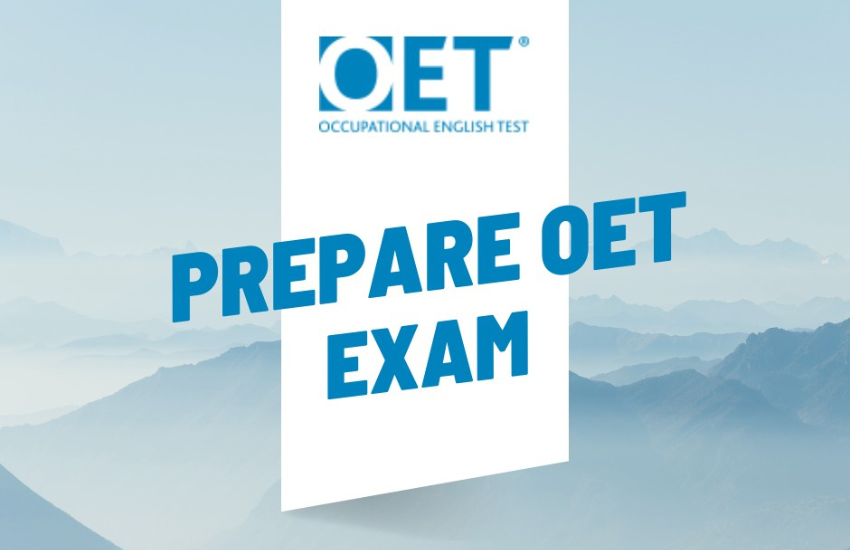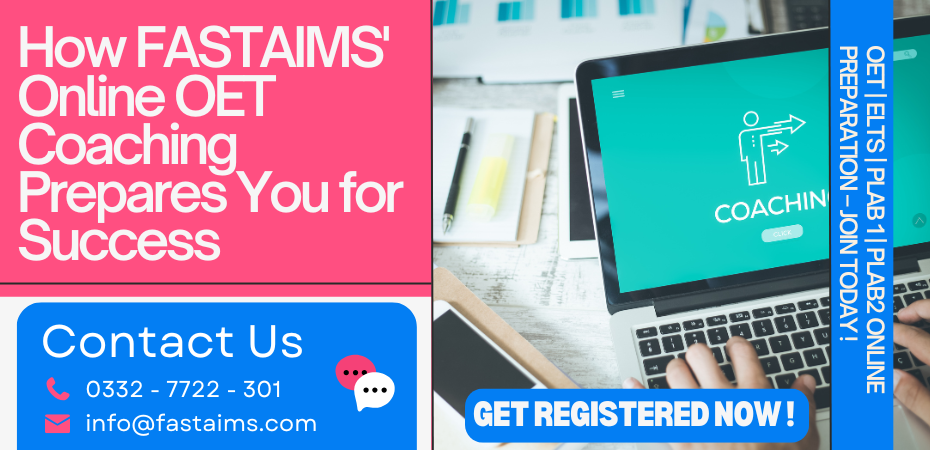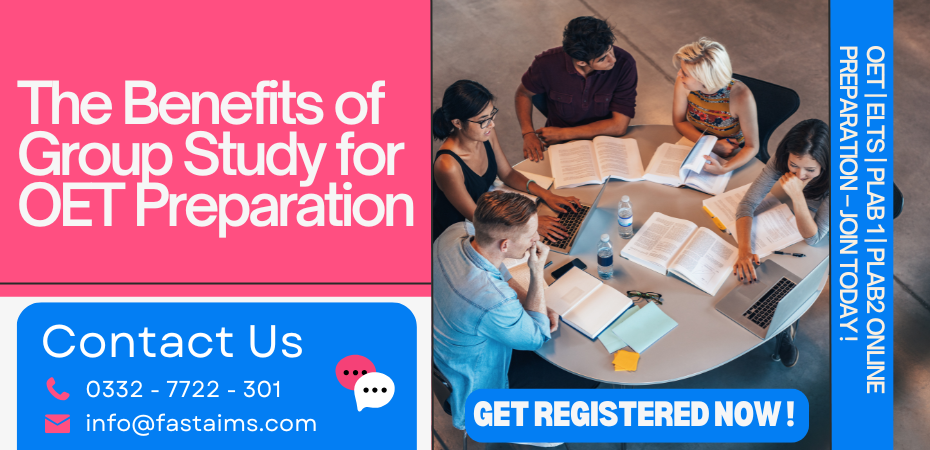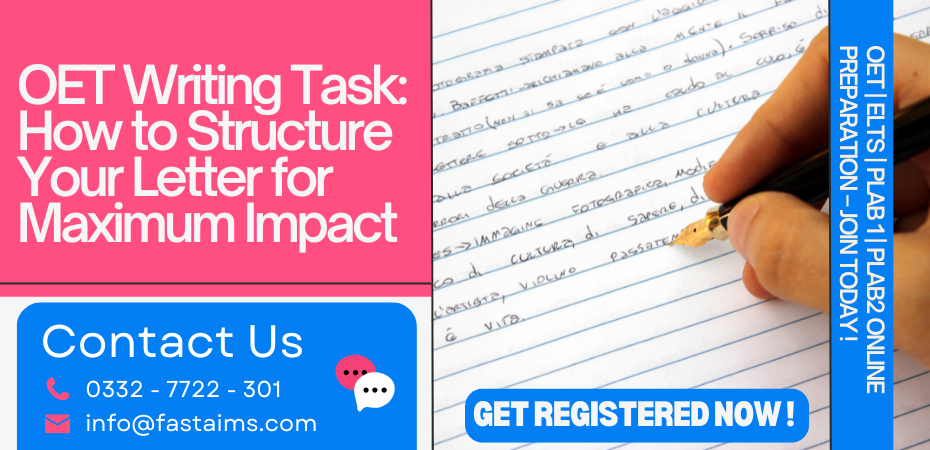The Ultimate Guide to OET Preparation for Healthcare Professionals
Introduction to the OET Exam
Healthcare professionals around the world often face the challenge of demonstrating their English language proficiency to work or study in English-speaking environments. The Occupational English Test (OET) offers a specialized, practical solution. Tailored specifically for healthcare workers, the OET evaluates candidates on language skills relevant to their medical fields.
With the rising demand for qualified healthcare workers globally, passing the OET has become a critical milestone. This guide dives deep into The Ultimate Guide to OET Preparation for Healthcare Professionals, helping you to strategize, study, and succeed.
What is the OET?
The Occupational English Test, commonly known as the OET, is an international English language proficiency test specifically designed for healthcare professionals. Unlike general English exams like IELTS or TOEFL, the OET focuses on real-world healthcare scenarios.
Developed by Cambridge Boxhill Language Assessment, the test assesses the language communication skills of healthcare professionals who seek to register and practice in an English-speaking environment.
Why is the OET Important for Healthcare Professionals?
The OET’s medical focus means that candidates not only showcase their English skills but also their understanding of healthcare terminology and situations. This makes them more workplace-ready and better able to communicate with patients and colleagues.
Moreover, many regulatory healthcare bodies, educational institutions, and immigration authorities recognize the OET, making it a passport to global healthcare opportunities.
Who Should Take the OET Exam?
The OET is ideal for:
-
Doctors
-
Nurses
-
Dentists
-
Pharmacists
-
Physiotherapists
-
Radiographers
-
Occupational therapists
-
Veterinarians
-
Dietitians
-
And many other allied health professionals
If you’re aiming to work in countries like Australia, the UK, Ireland, New Zealand, Singapore, or Dubai, the OET could be your best option.
Understanding the OET Structure
Listening Sub-Test
The Listening sub-test lasts about 40 minutes and assesses the ability to follow and understand a range of spoken health-related materials.
Format:
-
Part A: Consultation extracts
-
Part B: Short workplace extracts
-
Part C: Presentation extracts
Reading Sub-Test
The Reading sub-test lasts 60 minutes and evaluates the ability to read and understand different types of texts on health-related subjects.
Format:
-
Part A: Expeditious reading task
-
Part B: Careful reading task
-
Part C: Understanding complex texts
Writing Sub-Test
In the Writing sub-test, candidates are required to write a letter, often a referral letter, based on a set of case notes.
Duration:
-
45 minutes (5 minutes reading time + 40 minutes writing)
Speaking Sub-Test
Candidates perform two role-plays based on typical workplace scenarios. The Speaking sub-test assesses communication effectiveness, appropriateness, fluency, and pronunciation.
Benefits of Choosing OET Over Other English Tests
-
Tailored specifically for healthcare environments
-
Higher acceptance rates by healthcare boards
-
Practical and relevant materials
-
Reduced preparation time compared to general English exams
Key Strategies for Effective OET Preparation
Setting Realistic Goals
Before diving into preparation, assess your current English skills. Set achievable milestones, such as mastering healthcare vocabulary or improving writing clarity.
Building a Consistent Study Plan
Consistency is key. Create a weekly schedule that balances work, personal life, and study. Even 1-2 hours daily can significantly impact your progress.
Importance of Mock Tests and Practice Papers
Simulating the exam environment through practice tests boosts familiarity and confidence. It helps identify weak areas and track improvement over time.
OET Preparation Resources and Materials
Official OET Preparation Courses
Official courses ensure you’re practicing with up-to-date material that mirrors the actual exam format.
Best OET Preparation Books
Some highly recommended books include:
-
OET Official Practice Book 1 & 2
-
OET Preparation Nursing
Recommended Online Platforms and Apps
-
OET Online
-
E2Language
-
Benchmark Education Solutions These platforms offer practice tests, webinars, and even one-on-one tutoring options.
Tips for Each OET Sub-Test
Listening Test Tips
-
Practice active listening daily with podcasts and clinical conversations.
-
Focus on key information, such as symptoms and treatment plans.
Reading Test Tips
-
Skim texts first to grasp the general meaning.
-
Highlight keywords and transition phrases while reading.
Writing Test Tips
-
Always plan your letter before writing.
-
Focus on clarity, conciseness, and proper healthcare terminology.
Speaking Test Tips
-
Practice empathy in your responses.
-
Use natural expressions like “I understand your concern” to sound more fluent and caring.
Common Mistakes to Avoid During OET Preparation
-
Relying only on general English material
-
Ignoring the specific requirements of each sub-test
-
Poor time management during the exam
-
Not practicing role-plays aloud
How to Manage Test-Day Anxiety and Boost Confidence
-
Arrive early at the test center.
-
Practice mindfulness or breathing exercises.
-
Focus on giving your best rather than achieving perfection.
Best OET Preparation Timeline: How Long Should You Study?
An ideal timeline would be:
| Starting Level | Recommended Study Duration |
|---|---|
| Beginner | 6-9 months |
| Intermediate | 3-6 months |
| Advanced | 1-3 months |
How to Choose the Right OET Training Center or Tutor
Look for:
-
Certified OET trainers
-
Small batch sizes for personalized attention
-
Proven success rates with past students
-
Availability of mock exams and personalized feedback
Real Success Stories: Healthcare Professionals Who Passed the OET
Many professionals report passing OET after strategic preparation. For instance, Dr. Maria from Brazil passed after three months of disciplined study, highlighting that dedication, the right resources, and regular practice can yield results.
FAQs About OET Preparation for Healthcare Professionals
Q1: How many hours should I study for OET each week?
A1: Ideally, 10-15 focused hours per week, adjusting based on your current skill level.
Q2: Can I prepare for the OET without a tutor?
A2: Yes, but a tutor can provide valuable feedback that self-study often misses.
Q3: Is the OET harder than IELTS?
A3: Not necessarily; it depends on your familiarity with healthcare terminology.
Q4: What score do I need to pass the OET?
A4: Most boards require a B grade (350+ points) in each sub-test.
Q5: How much does it cost to take the OET?
A5: The fee varies by country but typically ranges between $400–$500 USD.
Q6: Can I retake a single sub-test if I fail?
A6: Yes, with OET’s modular retake option, you can reattempt only the parts you didn’t pass.
Conclusion: Start Your Journey to OET Success Today!
Preparing for the OET may seem daunting, but with a clear plan, the right resources, and consistent effort, success is within reach. Whether you’re a nurse, doctor, or pharmacist, passing the OET can open the doors to fulfilling careers abroad. Begin your preparation journey today and take the first step toward a brighter, international future in healthcare.




